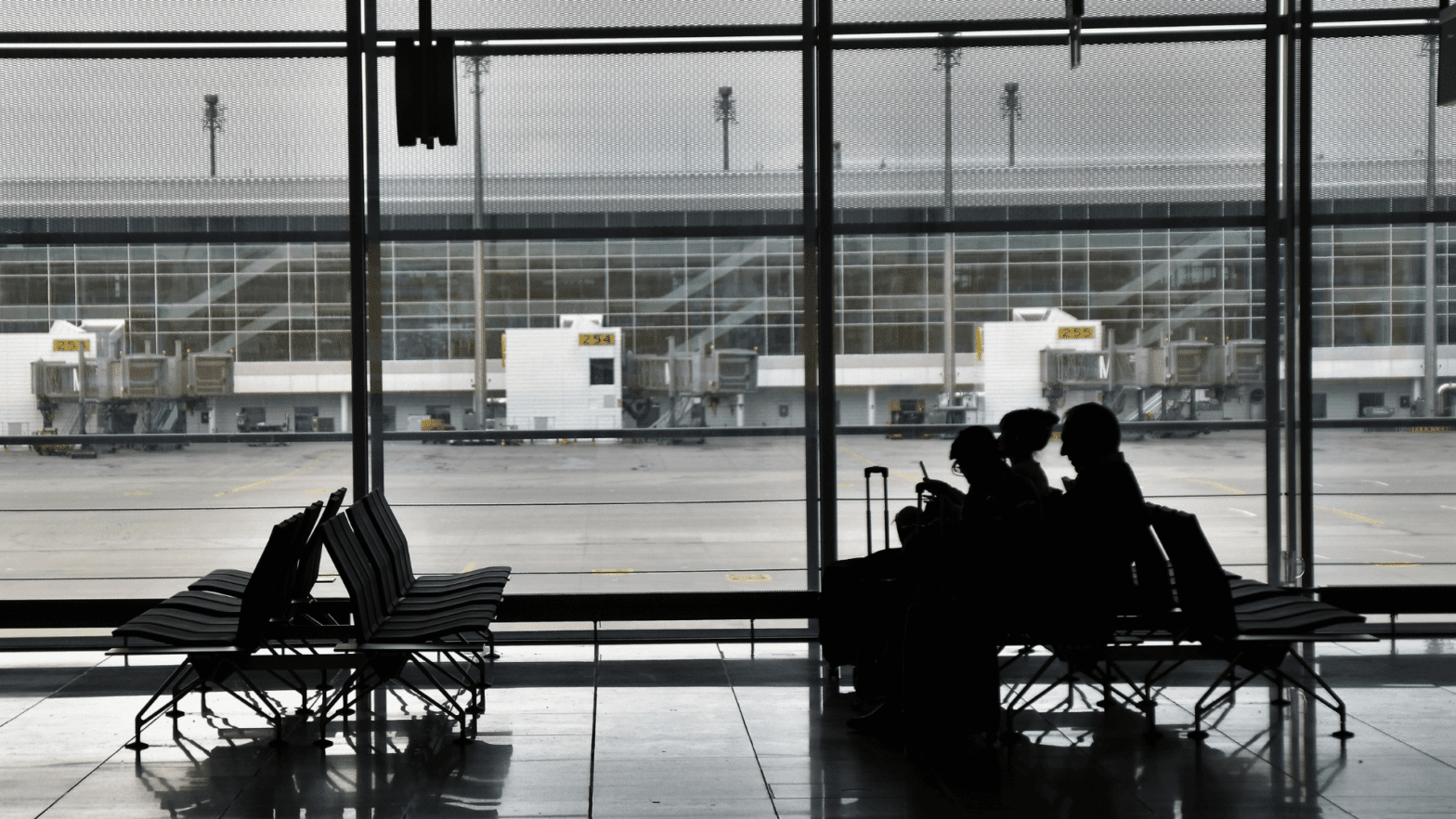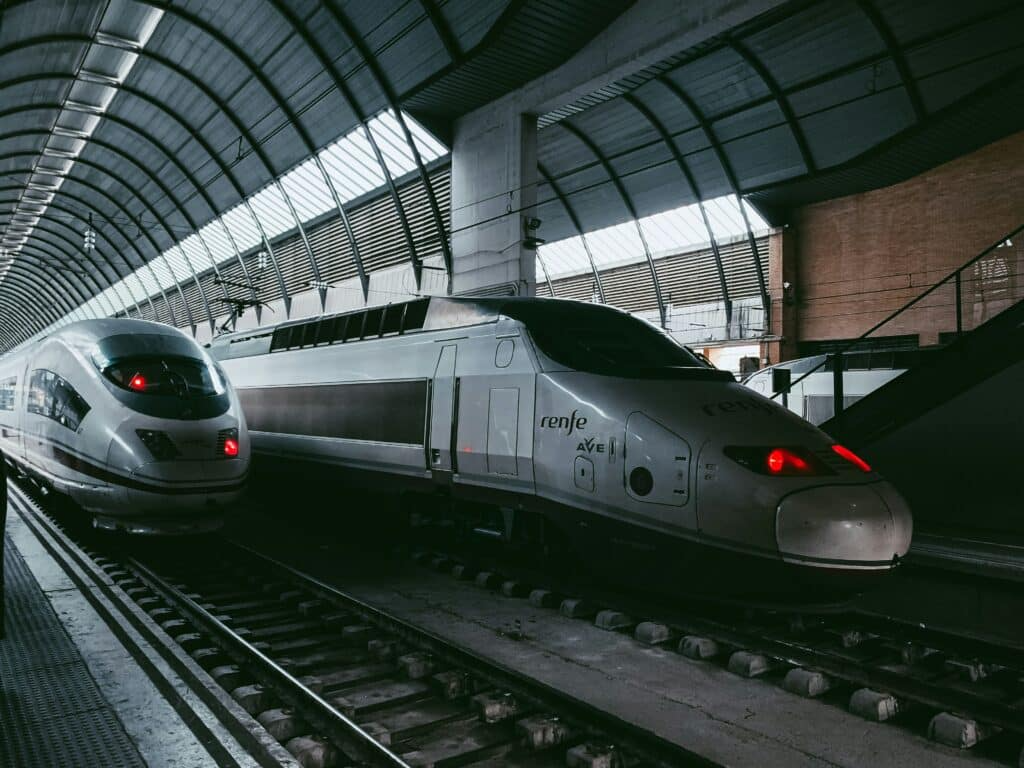11th Florence Air Forum: Towards a More Efficient Airport Slots System in Europe

The aviation sector has experienced continued growth over the past years, which has significantly enhanced connectivity within Europe, and translated into important socio-economic benefits. To put things into perspective, European airports alone employ roughly 12.3 million people and generate €675 billion each year (4.1% of GDP) in Europe. As air transport becomes increasingly prominent for both citizens and businesses, traffic flows will continue on a firm upwards trajectory and are, in fact expected to double in Europe by 2035. This surge in air transport demand is placing increasing pressure on scarce airport infrastructure and capacity, which in turn can lead to delays, weakened connectivity and lowered quality of services provided.
Following the creation of a single market for aviation in the 1990s, and in light of continuous growth in air transport, the need for a regulation on airport slots was acknowledged in order to ensure an efficient use of capacity at congested airports. Back in 1993 the EU adopted its first common rules for the allocation of slots at EU airports in line with the IATA’s Worldwide Scheduling Guidelines. Slots, granting the right to take-off or land at an airport at a specific time period, are allocated by independent coordinators on the basis of historic rights (or ‘grandfather rights’) at the given airport. What is more, slots ownership is reassessed on an annual basis, whereby failure by an airline to use 80% of its allocated slots could result in their loss and reallocation to other airlines in the subsequent year (i.e. the so-called ‘use it or lose it’ rule).
In 2007 and 2008 the Commission adopted communications on the application of the Slot Regulation. Besides seeking to ensure better enforcement of the rules, the Commission issued guidelines on the possibility of exchanging slots for money, also referred to as ‘secondary trading’. The communication furthermore addressed critical aspects relating to safeguarding coordinators’ independence and facilitating the access to slots to new entrants.
While the EU slots regime has managed to contain flight delays to a reasonable level, the economic efficiency of the slot system has been put into question, in terms of capacity utilisation and allocation of slots to airlines. What is more, the regime has been criticised for inhibiting competition between airlines, by freezing slot allocation and by giving an advantage to incumbent airlines as a result of the ‘grandfathering’ rules. Not least, the “use it or lose it” rule has led to behaviours by airlines holding on to slots even if they are unable to use them profitably, as opposed to making them available to competitors or new entrants. This has manifested itself in the form of empty ‘ghost flights’, wasted jet fuel, excess climate-warming CO2 emissions and lost airport capacity.
An analysis carried out in 2010-11 on the functioning of the Slot Regulation showed that the slot allocation system required improvements, however, the resulting recast process launched by the Commission failed to reach consensus on the way forward. As a result, 9 years later, the slot allocation regime remains unchanged, whereas air transport is continuously evolving. In 2019, the European Commission’s DG MOVE has commissioned a study to assess the current slot allocation regime and to explore future options for evolving the regime.
It is widely recognised that the efficiency of the slot allocation regime needs to be improved. To this end, should there be a shift away from the current grandfathering system? Should there be a move towards market based approaches such as primary slot auctioning, secondary slot trading and ‘congestion pricing models’? Should there be more consistency between airport charges and slot allocation? Should airlines willing to land or take-off during peak hours accept to pay higher prices for more attractive slots? Should rules be revisited to guarantee that new entrants have better access to attractive slots? Should collected revenues flow into a ‘central infrastructure pot’ for investments aimed at alleviating airport capacity issues and supporting the uptake of clean and innovative aviation technologies?
This forum gathers policy makers, industry representatives, and academics for a discussion on the design flaws of the current EU slot allocation regime. Subsequently, the event will examine the needs and reform options for a future slot allocation framework, drawing on national and local best practices and lessons learnt. More specifically, forum participants will consider the following critical questions:
- How effective has the existing slots regime been in ensuring optimal connectivity, airport capacity utilisation and allocation of slots to airlines? Are there misuses of the rules that could be avoided?
- What are the various administrative- and market-based measures (e.g. auctioning, congestion pricing models) that could be considered in improving the regime’s efficiency?
- What are the possible ways forward for reforming the EU’s airport slots regime? (E.g. synergies with Airport Charges, Public Service Obligations, Traffic Distribution Rules, others?)
Read our European Transport Regulation Observer policy brief for the main takeaways from the discussions.
SPEAKER PRESENTATIONS:
Introductory remarks & presentation of report findings:
How effective has the existing slots regime been in ensuring optimal airport capacity utilisation and allocation of slots to airlines?
Matthis Birenheide EUROCONTROL
What are the various administrative- and market-based measures (e.g. auctioning, congestion pricing models) that could be considered in improving the regime’s efficiency?
What are the possible ways forward for reforming the airport slots system?
Don’t miss any update on our events
Sign up for free and access the latest events from our community.












